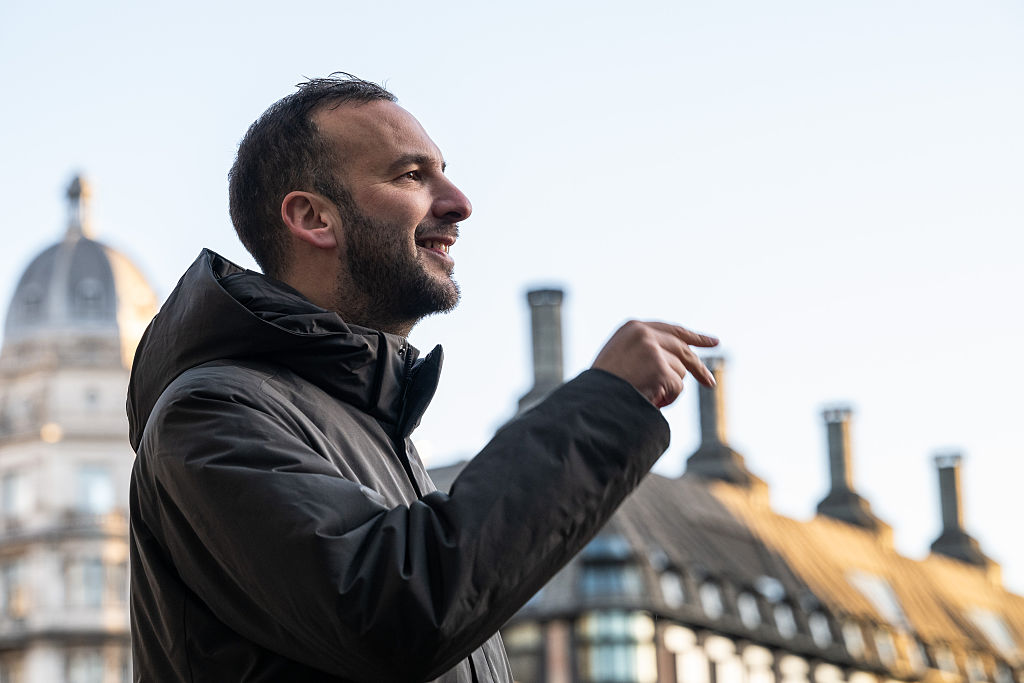Reinette Klever, the former minister for foreign trade and development aid on behalf of Geert Wilders’s Freedom party, navigated her mere 11 months in office with relative ease and minimal controversy. She amiably took part in business missions and state visits, and even managed to deliver on several of the policy shifts promised in the four-party coalition agreement until the government collapsed in June.
Among her policy shifts was a substantial reduction in Dutch overseas development across the board. Miraculously, this provoked scarcely a murmur from the left. The number of target countries and aid programmes were slashed to those directly serving Dutch interests, such as on cooperation on migration control and tackling cross-border crime. And, echoing Washington’s DOGE initiative, the funding tap was closed for programmes on women’s rights, gender equality, education and culture.
For all the noise it has provoked, the Dutch-Uganda plan is remarkably modest and reasonable
Intriguingly, this radical overhaul of overseas development aid sailed through both chambers of parliament with surprising ease. Across Europe – and indeed in Britain, where aid was cut in order to fund defence – overseas development appears to be in retreat. Perhaps the aid industry is no longer a sacred cow of the left; too few champions remain, and the young may have found other causes.
But Mrs Klever also explored something new: the possibility of temporarily sending failed asylum seekers to Uganda, in cases where their home countries refuse to take them back or are otherwise uncooperative.
Uganda, notably, was not on Klever’s new list of development partners. However, the need for a ‘return hub’ in a third country came up in discussions with asylum and migration minister Marjolein Faber (a rather less successful choice by Wilders), just as Klever was preparing a visit to Kampala in October 2024. The two ministers decided the timing was propitious for exploring an ‘out-of-the-box’ migration partnership, an idea also being toyed with by several other EU member states.
When the plan became public, one expert after another appeared in Dutch media to declare the proposal unworkable, unjust, unlawful, and contrary to every treaty under the sun. But all it aimed to do was address a stubborn problem across Europe: there are thousands of rejected asylum seekers who simply refuse to leave, swelling the numbers of illegals and street dwellers across the continent.
With the fall of the Schoof government the Uganda plan was thought to have gone down with it. But almost a year after Klever’s Kampala visit, on the sidelines of the UN General Assembly, acting Dutch foreign minister David van Weel – a former Nato top official and a member of the conservative VVD party – signed a letter of intent with his Ugandan counterpart.
News of the plan going ahead did not go unnoticed in The Hague, and with a fresh general election looming, the announcement looked conveniently timed. The two parties still propping up the caretaker government are eager to show voters that they, too, are serious about reducing asylum numbers, not just Mr Wilders. Yet the initiative still faces months of legal scrutiny. And a new parliament or government may simply scrap it.
For all the noise it has provoked, the Dutch-Uganda plan is remarkably modest and reasonable. Mr van Weel insists it complies fully with international, European and Dutch law, is rooted in ‘responsibility and respect for human rights’, and was drafted while in contact with the UNHCR and the International Organisation for Migration. But, as he told the Financial Times, the real point is symbolic: to send a deterrent signal to would-be migrants.
In practice, the plan amounts to little more than a pilot – perhaps dozens rather than hundreds of voluntary returnees. And, the legal status is still at the ‘letter of intent’ stage, with details yet to be finalised. Some are already known: Uganda will accept only migrants without criminal records, no political activists, nor unaccompanied minors. The Dutch side, for its part, will refrain from despatching LGBT+ people, given Uganda’s draconian anti-homosexuality laws.
Still the plan has attracted plenty of hostility here in the Netherlands. When Mr van Weel was recently interviewed on Dutch television, the introductory film about Uganda showed poorly dressed villagers in huts and on unpaved roads, implying that the country remains a hopeless backwater. The minister calmly stated his objection to this image, asking whether the presenter had ever seen downtown Kampala and its brisk pace of development.
The present government may see the plan as symbolic, so does its opposition. For the left, the Uganda Plan, since it was originally concocted by a couple of Wilders appointees, must die. And even if Dutch voters return a parliamentary majority willing to tackle immigration – which many voters believe is straining the country’s housing, healthcare and security – the Uganda Plan may yet vanish into a legal and political swamp.
Its quiet demise would merely underline what is already obvious to most: Europe’s migration system is broken, and reforming it will require much more than a symbolic pilot scheme in Africa.







Comments